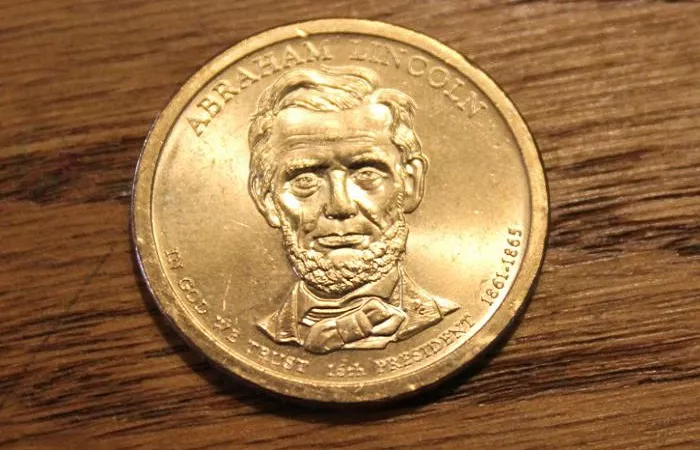Gold prices are facing downward pressure after a sharp sell-off at the start of the week, with the precious metal dipping to its lowest level in five days, hovering near $3,250.
Reduced Safe-Haven Appeal Amid Market Optimism
The latest drop in gold prices stems from a surge in investor optimism following the weekend’s high-stakes trade talks between the United States and China in Geneva. Both countries reported “substantial progress” in their negotiations, fueling expectations that a trade deal could be imminent. This comes after a month of escalating tariffs that nearly stalled bilateral trade. As optimism grows over a potential resolution to the trade dispute, gold’s appeal as a safe haven asset has diminished.
Despite this, the downside for gold appears limited, with traders awaiting a joint statement from the U.S. and China that could provide fresh momentum in the market.
Geopolitical Tensions Provide Ongoing Support for Gold
Gold prices continue to find support from geopolitical unrest, particularly in India and Pakistan, as well as the ongoing conflict between Russia and Ukraine.
On Sunday, India’s military sent a message to Pakistan regarding ceasefire violations along their border, signaling potential escalation if the situation worsens. Pakistan’s military spokesman, however, denied the allegations. Meanwhile, Ukrainian President Volodymyr Zelenskyy expressed hopes for a temporary ceasefire with Russia, slated to begin on May 12. However, Moscow has rejected the proposal, calling for direct negotiations instead.
These tensions contribute to gold’s continued role as a hedge against geopolitical instability.
Trade Talks with Japan and EU Add to Market Uncertainty
Looking ahead, global trade discussions remain a key focus for markets. Talks between the U.S. and Japan, as well as negotiations with the European Union (EU), are seen as areas of potential risk. Recently, the European Commission announced plans to introduce countermeasures on up to €95 billion ($107.2 billion) of U.S. imports if trade negotiations fail to resolve existing tariffs. Similarly, Japan’s Prime Minister Shigeru Ishiba emphasized that issues related to autos, agriculture, and airplane parts should be considered separately from security concerns in trade discussions.
These ongoing trade uncertainties continue to weigh on market sentiment.
Gold Technical Outlook: Key Levels to Watch
On the technical front, gold prices closed above the 21-day Simple Moving Average (SMA) on Friday, at $3,307, providing some hope for bullish buyers. However, the 14-day Relative Strength Index (RSI) is approaching bearish territory, with the indicator threatening to cross the midline.
If the RSI holds above the midline, gold may attempt a rebound toward the 21-day SMA resistance at $3,313. A sustained move above this level could push prices toward the falling trendline resistance at $3,433, followed by a test of the record high at $3,500.
Conversely, if gold closes below the 21-day SMA at $3,313, the bullish outlook would likely be negated, and prices could shift into a fresh downtrend, targeting the 50-day SMA at $3,138. The May 1 low of $3,202 would then come into focus as a potential support level.
As the market braces for further developments in trade and geopolitical risks, gold traders will closely monitor these key technical levels for direction.
Related topics:
- India Surpasses China in Gold Purchases, Buying 51% More in Three Months
- Qilu Bank Enhances Support for Small Businesses with Innovative Financial Tools
- Bitcoin Poised for a Surge Amid Gold’s Delivery Delays, Expert Claims


